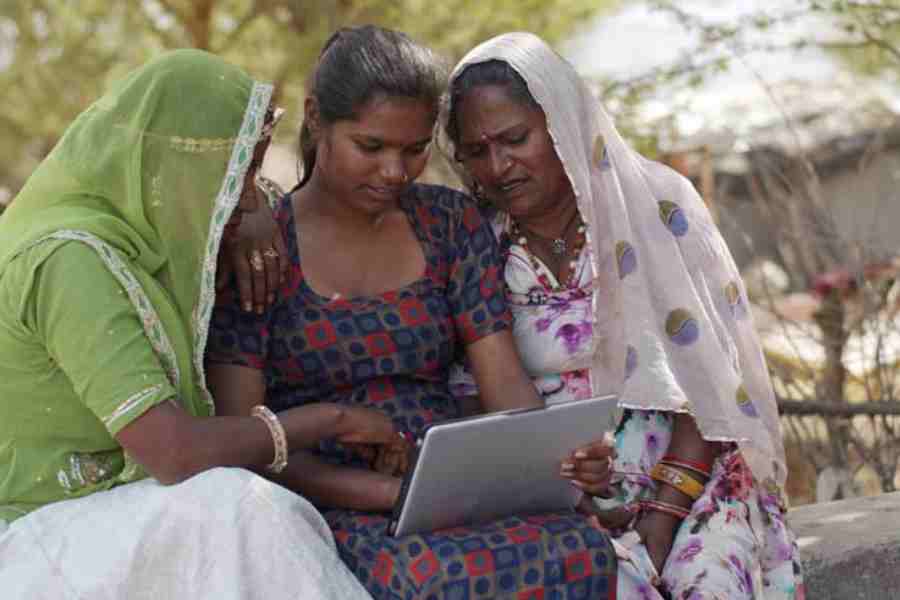On a June afternoon, I saw 50 women protesting outside the community health centre. It all started with Somali losing her twins. “Didi, kuch karvo pade," the women responded firmly when they learnt about Somali. Losing infants is not uncommon in tribal villages that often lack clean water, electricity, and healthcare facilities. But women staging a protest was new.
“How will you work in the villages?” I remember my mother asking me when I started working in Udaipur’s tribal area after graduating from social work school. I was determined to make a difference. My role was to strengthen women’s groups in the villages. I remember how men paid little attention while I addressed meetings. Their eyes revealed a lack of trust. After witnessing gender inequality first-hand, I felt grateful for a more gender-equal upbringing.
The journey was difficult and rewarding. It taught me to never take my freedom for granted. I also met wonderful people to whom I owe a better understanding of life. It was exciting to be with sharp and hardworking women. Their situation, however, was difficult. The Adivasi women walk for hours to gather firewood, water, and food. Many parents lose their young children. During the meetings, we discussed everything under the sun. There was laughter and fun as well as discussions about livelihood, reproductive health and violence. Some conversations, however, were heartbreaking.
Somali told me during a meeting that she lost her twins because a doctor denied her healthcare. When I enquired, many other instances came to light. The women staged a protest after a week. Later, they reported the cases of neglect to the State Women’s Commission. Somali Bai told her story to a crowd of a hundred at a jansunvai. The NGO's efforts had paid off.
It was, however, a never-ending struggle. We worked on witch-hunting and domestic violence. I saw women grow into powerful leaders. Some took part in panchayat elections and became active decision-makers. When I was leaving to begin a new chapter in my life, the women members bid me farewell with tears in their eyes.
I pursued my higher education in public health to learn about the community’s traditional health practices. It was illuminating to understand the miseries through the lens of public health. During my PhD research, I came across many instances of the lack of access to healthcare. One day, during a visit to a remote tribal hamlet, a harried young mother approached me and said, “My son cannot see at night.” After investigations, we discovered that Ramlu suffered from an acute deficiency of Vitamin A. I referred him to an auxiliary nurse and midwife and his condition improved with Vitamin A supplementation. Sometimes all it took was connecting the dots.
These stories are about 15 years old. Have things changed?
Women in Jharkhand and many other Indian states continue to be labelled as witches and beaten to death. While writing a book, I spoke with a transgender woman, Vidya Rajput, who explained how social stigma and discrimination made it difficult for her community to find decent and stable jobs.
But I have also come across stories of transformation.
Vidya, for example, has worked tirelessly to improve the lives of transgender people. Some community members have found jobs in the police force because of her advocacy. Chutni Devi, a Padma Shri awardee and witch-hunting survivor, has been helping other survivors rebuild their lives and raising awareness about the practice in Jharkhand.
But transformation does not occur overnight. There are no simple answers to the problems. However, I’m writing this essay to remind myself that I need to do more even though I am a minuscule part of these struggles.










